SAN JOSE, California—Facebook used its latest virtual reality conference, the fifth annual Oculus Connect, to finally confirm retail plans for its most ambitious standalone VR product yet: the Oculus Quest. Originally known by its prototype name, Oculus Santa Cruz, the Quest will ship in spring 2019 for $399.
In terms of the sales pitch, this is the Oculus holy grail: a wireless, hand-tracked, "six degrees of freedom" VR system with apparently legitimate 3D power and no required PC or phone.
"It needs to be standalone," Facebook CEO Mark Zuckerberg announced about the future of all Oculus products to come, as an indicator of the "ideal form factor" for VR. "Hand presence" and "six degrees of freedom" were required as well. This new headset ticks all three of Zuckerberg's boxes.
That $399 price includes two new handheld controllers that largely resemble 2016’s Oculus Touch product. Zuckerberg promises more than 50 games for the Quest when it launches next year, and when describing the upcoming lineup, he mentioned popular VR fare like Robo Recall, The Climb, and Moss. An additional Quest sizzle reel included logos for games like Superhot and companies like Insomniac and Halfbrick. Oculus says the launch lineup will be revealed "next year."
A three-part cinematic Star Wars "6DOF" experience, centered around Darth Vader and designed as a launch title for Oculus Quest, was confirmed by Lucasarts and ILM representatives at the event. "You'll be able to step inside the world of Star Wars in the comfort of your living room and, for the first time, truly feel free," the reps said before unveiling world-premiere footage. The brief snippet of the series, titled Vader Immortal, showed a real-time 3D render of Vader that looked like something from a high-end smartphone.
Oculus Quest will not be natively compatible with Oculus Rift software on the PC, but Zuckerberg talked about getting more popular VR games onto the Quest in the future. Another representative clarified that the reverse scenario, of building Quest-compatible games first and porting to Rift, will be a single-button process "with no code changes."
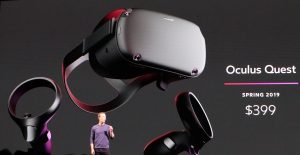
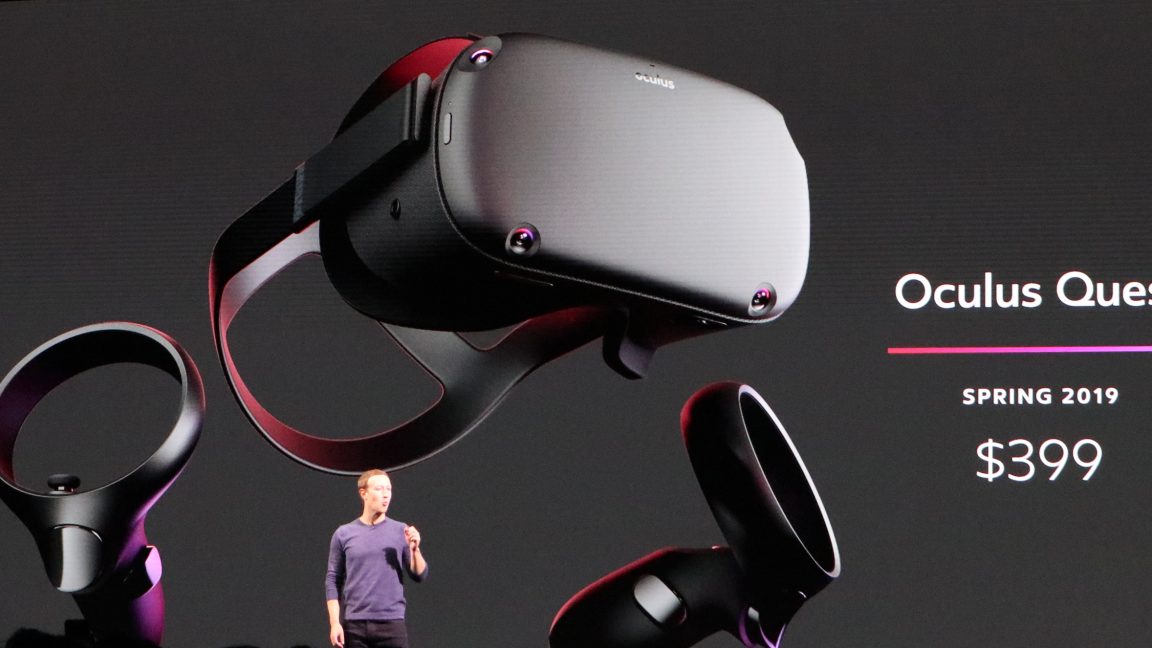
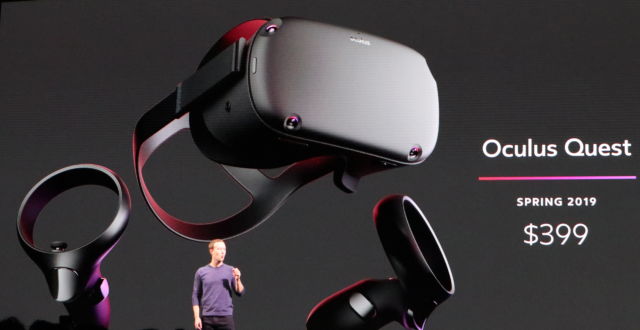
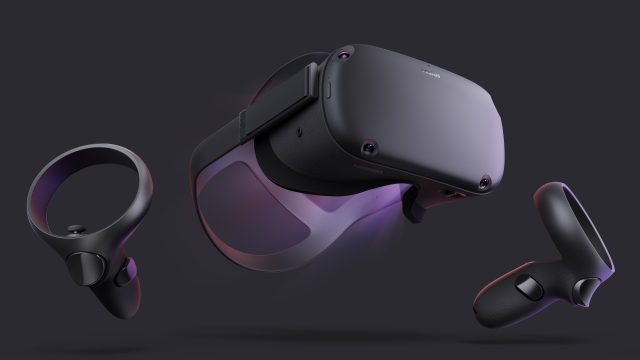
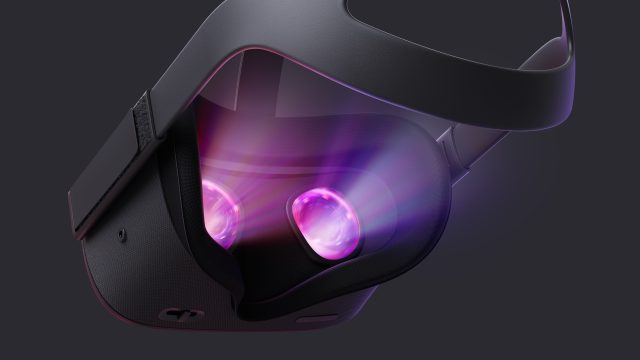
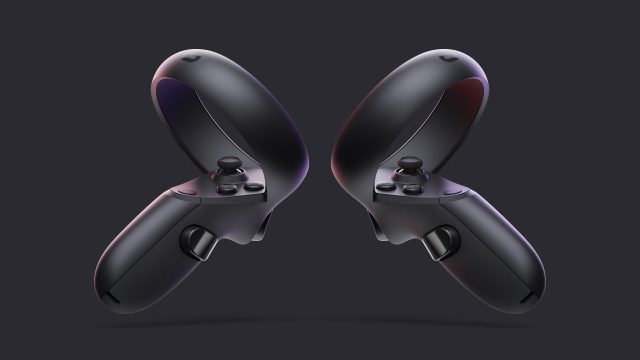


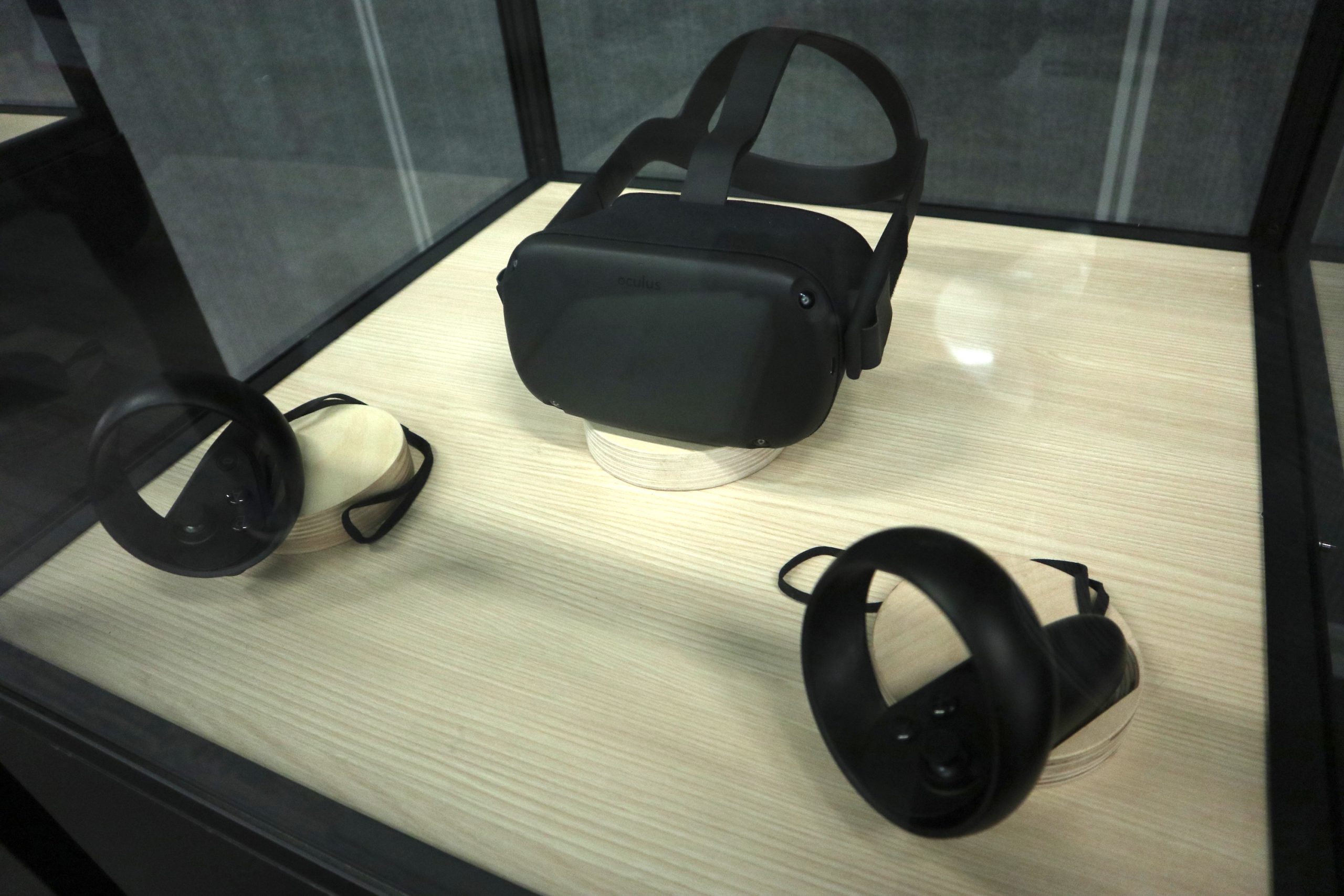
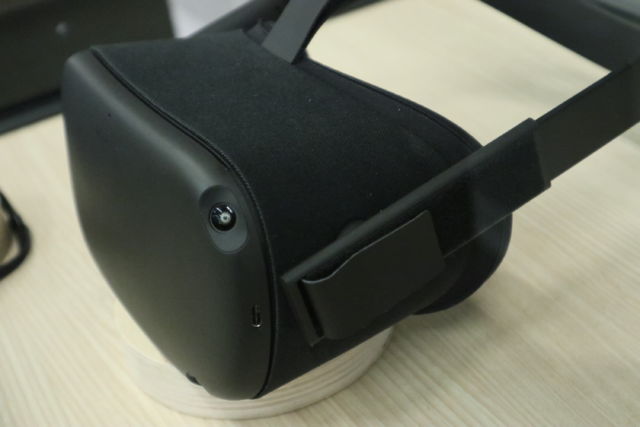
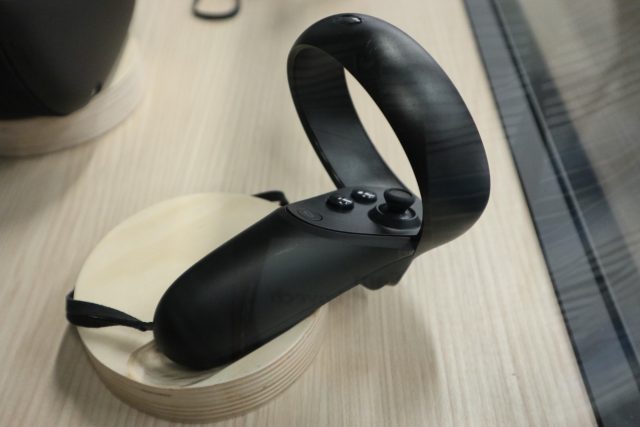
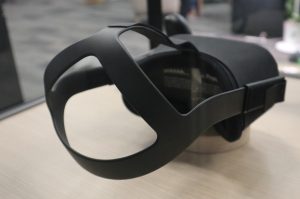
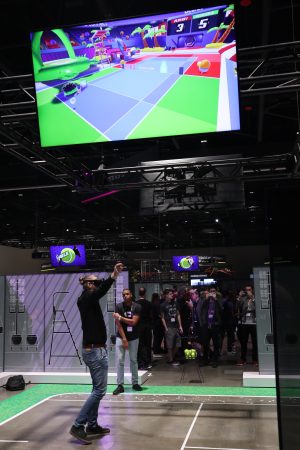
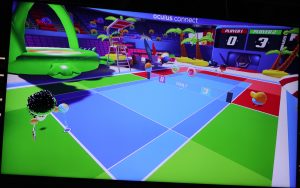
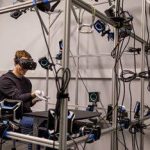
 Loading comments...
Loading comments...
